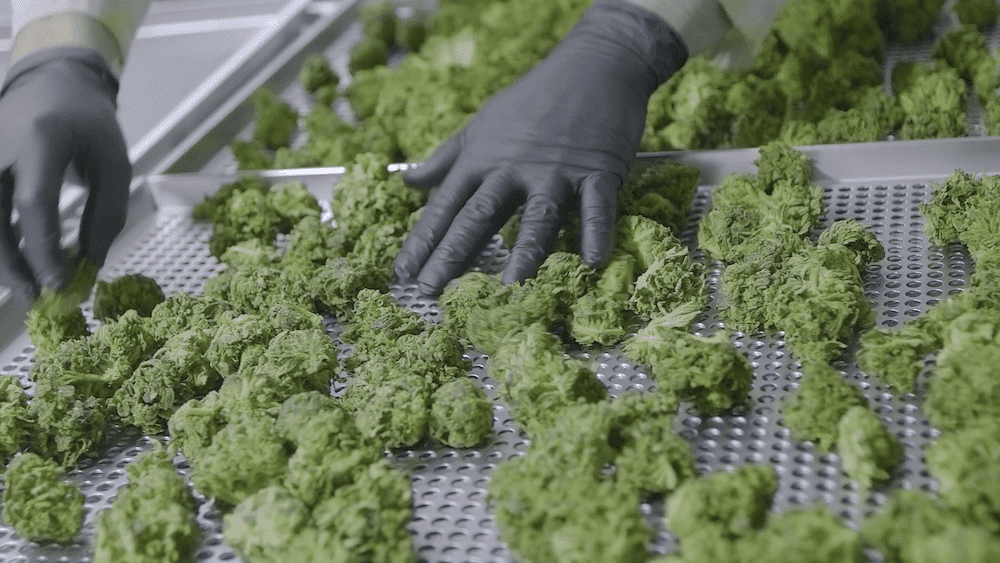Post-traumatic stress syndrome, also known as PTSD, is a severe mental health condition experienced as an after-effect of a traumatic event. Suffered by millions of people across the world, PTSD is not confined to a specific walk-of-life, nation or age group. Although PTSD is a serious mental health condition, it can be treated with the right combination of therapy, lifestyle changes and medication, which includes plant-based treatments.
Understanding PTSD, and incidence
PTSD is a mental health condition that is brought on by either experiencing a traumatic event or by witnessing it. Even though war is the most commonly recognised event, other triggers of PTSD include sexual abuse, assault, suffering an accident, natural disasters and working as a police officer or firefighter. Other traumatic experiences can also cause PTSD.
Today PTSD is widespread with worldwide lifetime prevalence in the general population at 3.9%. The occurrence of delayed-onset PTSD is around 5.6% (diagnosis >6 months post-trauma). Adding to these numbers, studies of coronavirus outbreaks and the associated risk of PTSD found that PTSD was included as a common mental health problem and long-term secondary outcome of infectious disease pandemics.
Signs of PTSD
PTSD symptom type and severity can vary over time, as well as from person to person. PTSD symptoms include:
- Intrusive memories, flashbacks and nightmares.
- Avoidance, which includes avoiding the memory, people, places, and activities that are a reminder of the traumatic event.
- Negative changes in thinking and mood which includes negative thoughts about yourself and/or other people, hopelessness, memory problems, difficulty maintaining relationships, feeling detached, and feeling emotionally numb.
- Changes in physical and emotional reactions (arousal symptoms) include being easily startled, on guard for danger, self-destructive behavior, irritability, anger, aggressiveness, guilt, shame and trouble sleeping and concentrating.
Seeking help for PTSD
It’s important to note that anxiety through any challenge is a normal way of your body responding to stress—the ‘fight or flight’ response. But when feelings of anxiety relating to trauma do not go away it may be a sign to seek help. Specifically when anxiety detrimentally affects relationships, work, and getting through your daily activities.
PTSD symptoms can vary over time and be sparked by stress or reminders of the event. If symptoms persist and are severe, you need to seek help. Start by speaking to your doctor or mental health professional. The positive news is that there are therapies and treatments that can help.
PTSD and the endocannabinoid system
The body’s endocannabinoid system (ECS) is responsible for regulating a range of functions which contribute to your body’s state of balance. The ECS plays a crucial role in sleep, appetite, mood, memory, reproduction and inflammation. Research points to endocannabinoid deficiency as the underlying cause of many health problems, including mental health issues.
The endocannabinoid system is made up of endocannabinoids, receptors and enzymes, which all work together to keep your body in balance (homeostasis). Endocannabinoids are produced endogenously by your body, although production may be deficient. This is how phytocannabinoids play a crucial role in restoring bodily balance. Found in the cannabis plant, phytocannabinoids are interpreted as endocannabinoids by your body. In this way medical cannabis works as a considered therapeutic option to treat a number of health conditions, including mental health issues.

Traditional treatments for PTSD
Common treatments of PTSD include:
- One-on-one or group counselling in a safe environment
- Exposure therapy
- Medication such as antidepressants
- Lifestyle changes including diet and exercise
Plant-based therapies to treat PTSD
Medical cannabis has been used for thousands of years across cultures to treat various health issues, including anxiety and related symptoms. Today, as part of a broader treatment plan, case studies and research supports plant-based therapies to help treat PTSD symptoms with beneficial effects, helping to:
- Decrease frequency of nightmares
- Improve sleep
- Lower fear and anxiety
- Decrease severity of PTSD symptoms
- Reduce other medication needed to treat PTSD

Ongoing research points towards hope and healing
Although the use of medical cannabis to alleviate health issues is centuries in the making, contemporary use is still in relatively early days. And even though medical cannabis is legalised in many countries, more widespread and long-term clinical trials are needed. But to date, research from across the globe on plant-based therapies positively supports medical cannabis as a viable treatment option for PTSD, offering much hope to the many millions suffering among us.
USA:
National Suicide Prevention Lifeline
Call 1-800-273-TALK (1-800-273-8255) to reach a trained counsellor. Use that same number and press 1 to reach the Veterans Crisis Line
If life is in danger call 911
Australia:
Lifeline
Call 13 11 14
If life is in danger call 000







